Heart of Clojure 2.0
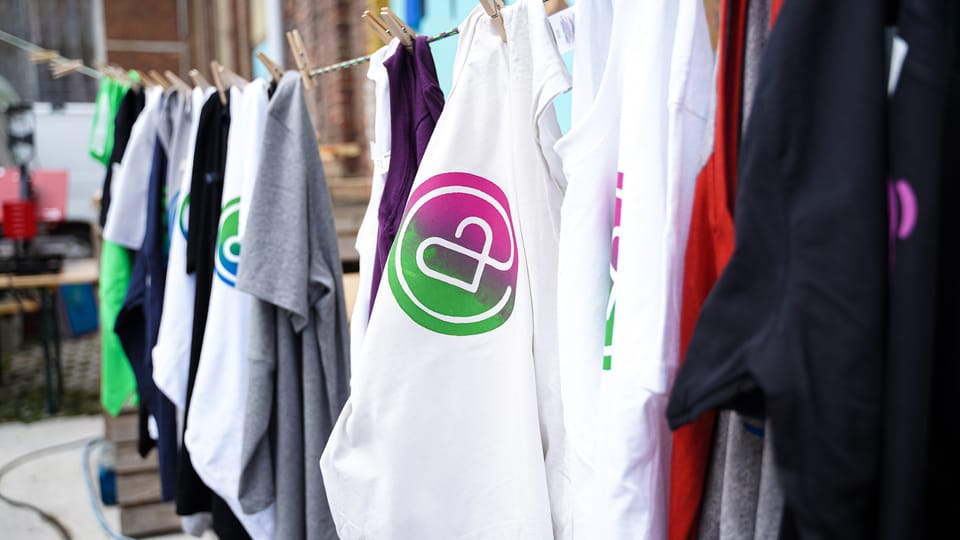
This post contains practical information about the CFP, you can scroll down for that, but we do recommend you read the whole post before submitting a talk or session.
In 2019 we organized the first Heart of Clojure, a conference for the Clojure community, in Leuven, Belgium. On two lovely summer days 250 technologists came together to meet each other, watch inspiring talks, and join in activities in and around the venue and the city. We had talks about building a compiler, how to tap into the non-verbal capacities of your mind, lessons learned from teaching kids to code, climate change, and techniques for improving resiliency of your code base. We had a case study from a local law-tech Clojure startup, and an 11 year old presented the games she made in Clojure and Racket.
People also got to make their own screenprinting designs, we had a historian guide us through the beautiful city of Leuven, a mystery dinner randomly grouped people for an evening dinner, and people practiced yoga and meditation on the grass. Oh and we had waffles, delicious Belgian waffles.
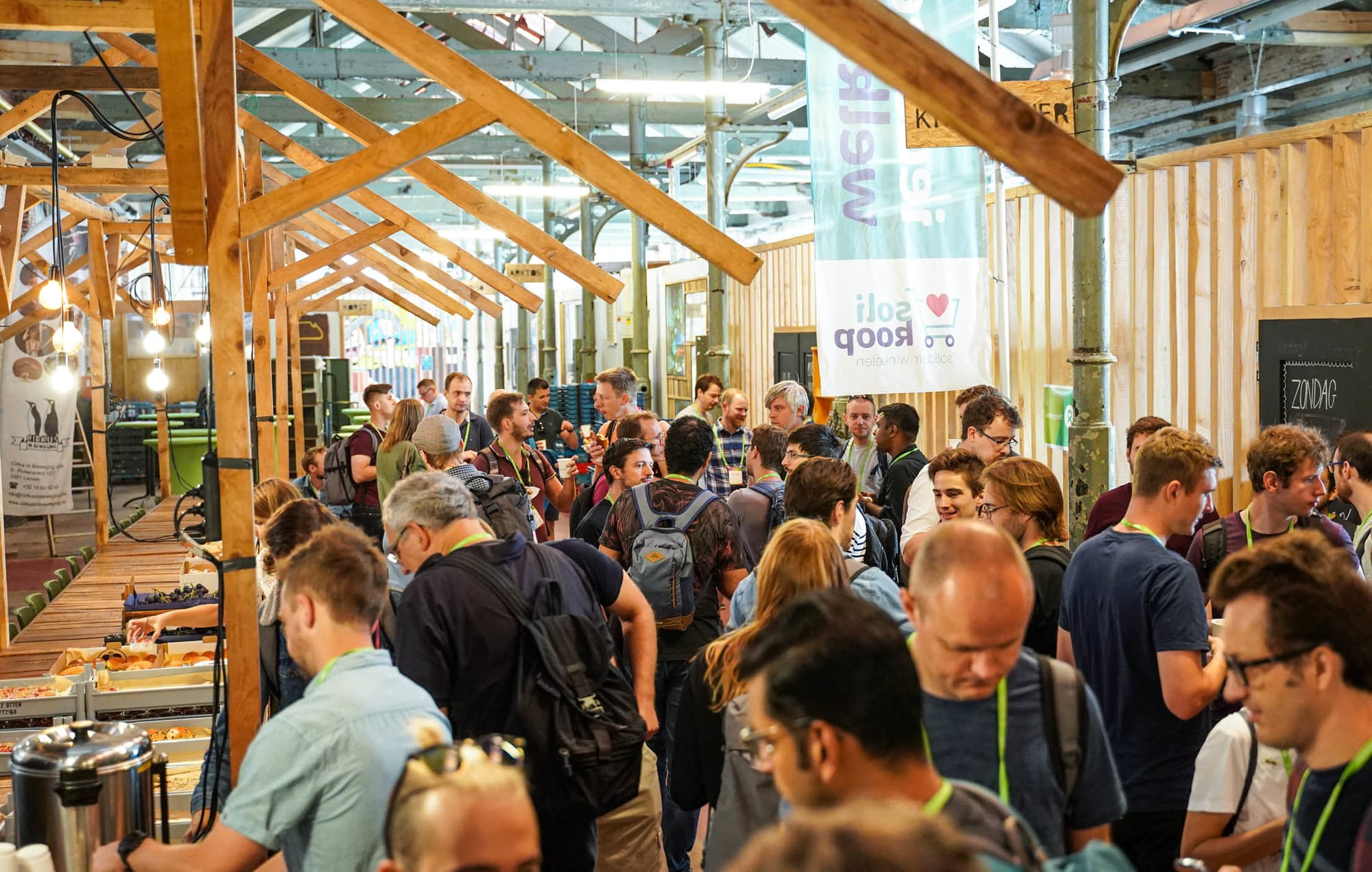
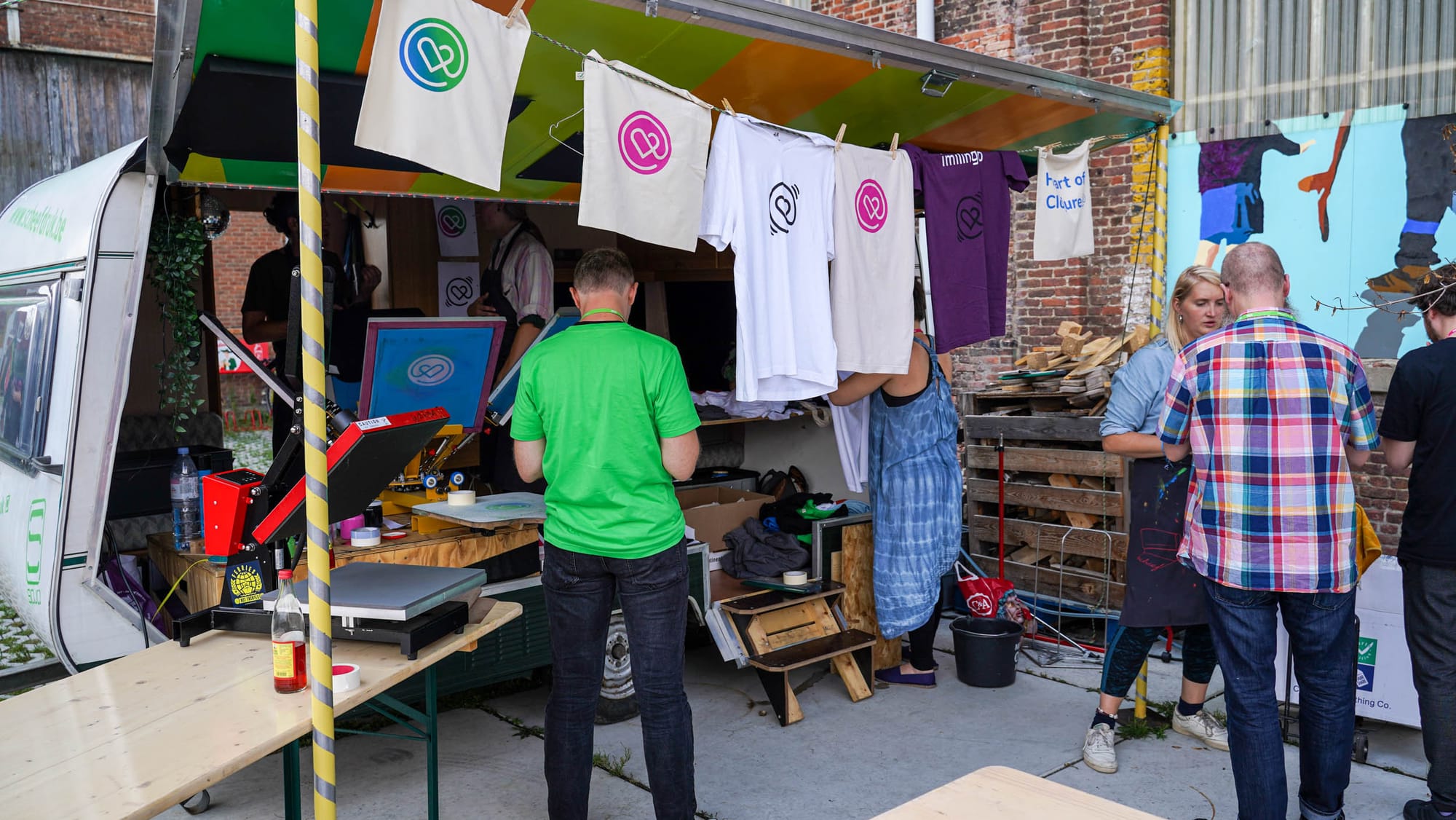
It was a special experience, we got overwhelmingly positive feedback, and everyone wanted to know when the next edition would come. To which we didn't have a good answer. We knew it wasn't going to be a yearly thing. Planning for the first edition took us a full year, and we weren't ready to jump in and start planning the next event.
Double the venues, double the fun
We also knew we wanted to do some things differently. One of the big challenges was how to increase capacity. Hal 5 is an amazing venue, the location couldn't be better, it's full of charm and character, and the team at Hal 5 had been a pleasure to work with. But we were pushing the limits of what we could do there. We had about 250 seats, of which 150 went to regular ticket holders, and the rest to speakers, crew, and sponsors. Given that we sold out well before the conference, and given the positive reception, we knew there would be enough interest to go significantly bigger, but cramming more seats into Hal 5 wasn't an option.
We talked to half a dozen other venues in Leuven, but Het Depot was the only one we got really excited about.
Het Depot is a music venue right across from the Leuven train station, it's a converted old cinema, with a number of fixed seats, and a large "pit" in front of the stage, where more seating can be placed.

Het Depot checked most of our boxes, there's plenty of seating, there's excellent A/V equipment available, the location is great, they have a nice bar and lockers. But it's missing the open atmosphere of Hal 5. It's perfect for hosting presentations, but less ideal for all the fringe activities and community involved sessions we like to host.
So we decided to do both. We'll open and close the conference with everyone together at Het Depot, for some of the finest and most thought provoking presentations. The rest of the event we'll swarm out between the two venues. They're only a short jaunt removed from one another, with the two hotels where people are most likely to stay positioned right in the middle. And of course the station is right there as well, with excellent connections to Germany, the UK, the Netherlands, France, and from there to the rest of Europe.
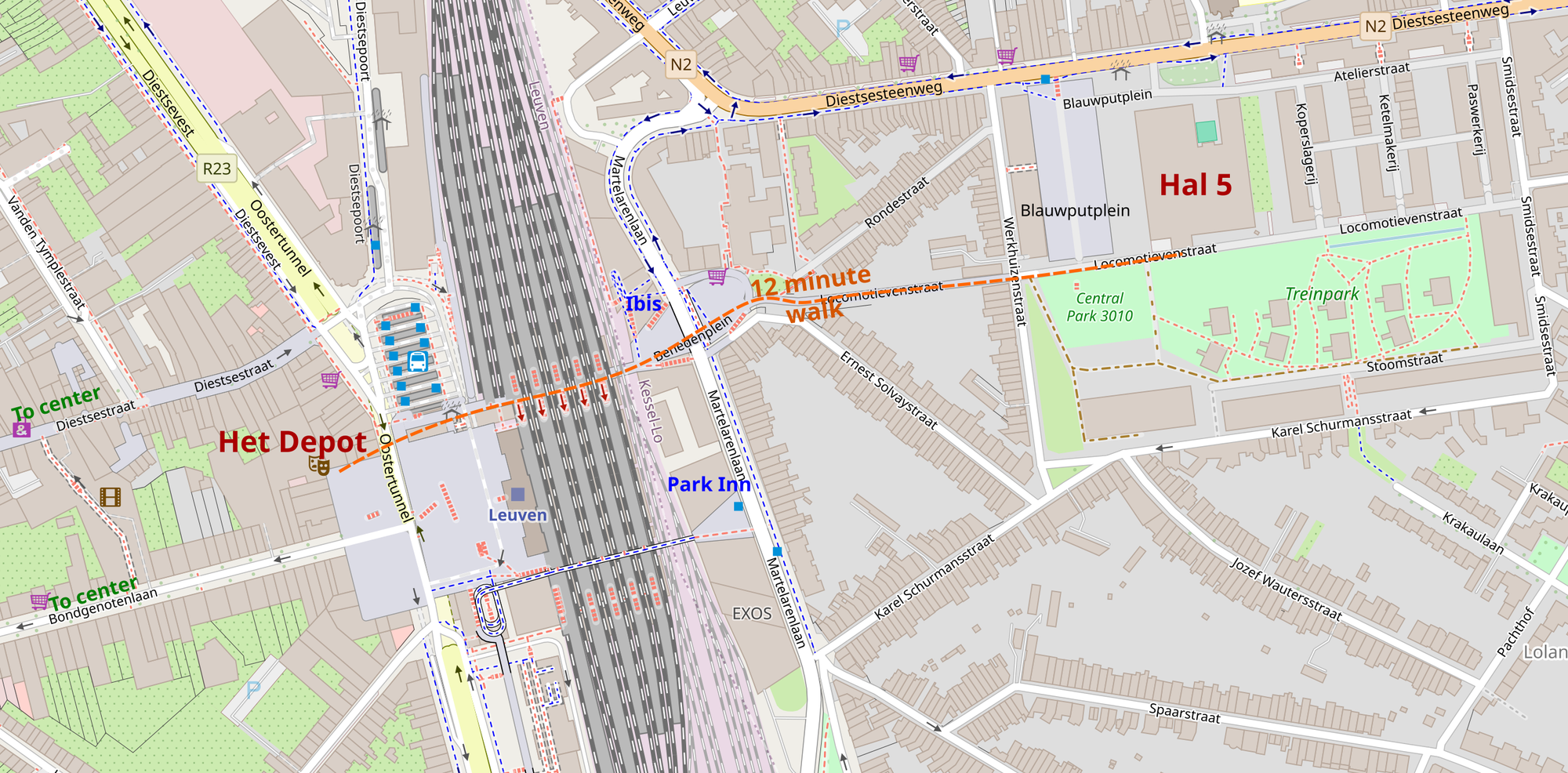
Heart of Clojure is an interactive conference. We're bringing people together from all over the continent, people who normally would only interact online, if at all. It's a unique opportunity to get to know like minded people, and to create a bond through shared experience. Wouldn't it be a shame if for two days most of what you did was sitting side by side, looking at the stage? Watching a presentation you could have watched online? What a waste. Yet this is how a lot of conferences go.
Instead, we try to create a mix. Keynotes have their place, they inspire, provide food for thought, and for conversation, they set the stage and tone of the event. But once the stage is set it's your turn to get up and participate. Heart of Clojure reifies the hallway track. We'll have extended breaks and opportunities to just walk around, chat with others, and exchange experiences.
Sessions and Activities
We'll also have sessions and activities. Sessions is our catch-all name for technical sessions that are more interactive than just watching a talk. Some examples of sessions could be:
- Workshop, where an instructor walks you step by step through the use of a library, project, or technology
- Birds of a Feather, where a moderator guides discussion around a topic of interest
- Office Hours, where a maintainer or contributor of a project is available to answer questions and help others
- Contributor Onboarding, where people can show up who want to contribute to an open source project or community initiative, and are shown the ropes
There will also be non-technical Activities to partake in, do yoga, go climbing, go explore the city, do a book swap, practice a second language... For us the primary reason to go to a conference is to create connections, and the best way to make connections with people is to just do stuff. That's the idea behind activities. Plus, it's fun!
For both of these, sessions and activities, we'll have an Activities App. Here you can see what's happening, sign up, or set up your own sessions or activities. That's right, this isn't a one way street. We're taking some of ideas from unconferences, and opening the floor to all attendees to help shape this event. Want to get up to 7 people together to go check out the best gelato place in town? Make an activity! Want to find some folks to practice your Esperanto? Make an activity! Do origami, practice knots, whatever you're into. This is your chance to find like minded geeks.
Opening the CFP
Which brings us to the Call for Proposals. We're looking for a wide range of topics and formats. Think outside of the box, propose something original and appealing.
The schedule for regular talks will be fully done through the CFP, with potentially a few keynote speakers being invited directly. For five-minute lightning talks at the end of the conference the sign-up will be ad-hoc, the day of.
Sessions will mostly be scheduled through the CFP, so we can ensure a diverse and appealing offering. But some spaces and time slots will be left open for ad-hoc community sessions, which can be booked and organized by any attendee.
Since we want to leave much of the conference open for interactive sessions, that means slots for regular talks are limited. We are especially interested in talks that cross the gap between programming and the wider world, that synthesize lessons from other fields, and make connections between disparate intellectual schools. Talks that consider the practice of software development holistically, and from the perspective of the humans involved.
We are also interested in deep technical talks, although even these should try to situate themselves in the wider world. What real world context gave rise to this technological solution? Who are the people involved, and how does this impact them? Tell us a story, take us on a journey.
Talks and sessions do not have to be about Clojure. They merely have to be interesting to the kind of people who are drawn to Clojure. Inquisitive, open minded people, who prefer solving problems over solving puzzles. We warmly welcome people who are active in other communities, or other fields, to come share with us their knowledge and experience.
We are really, really looking forward to your proposals! Please spread this CFP far and wide!
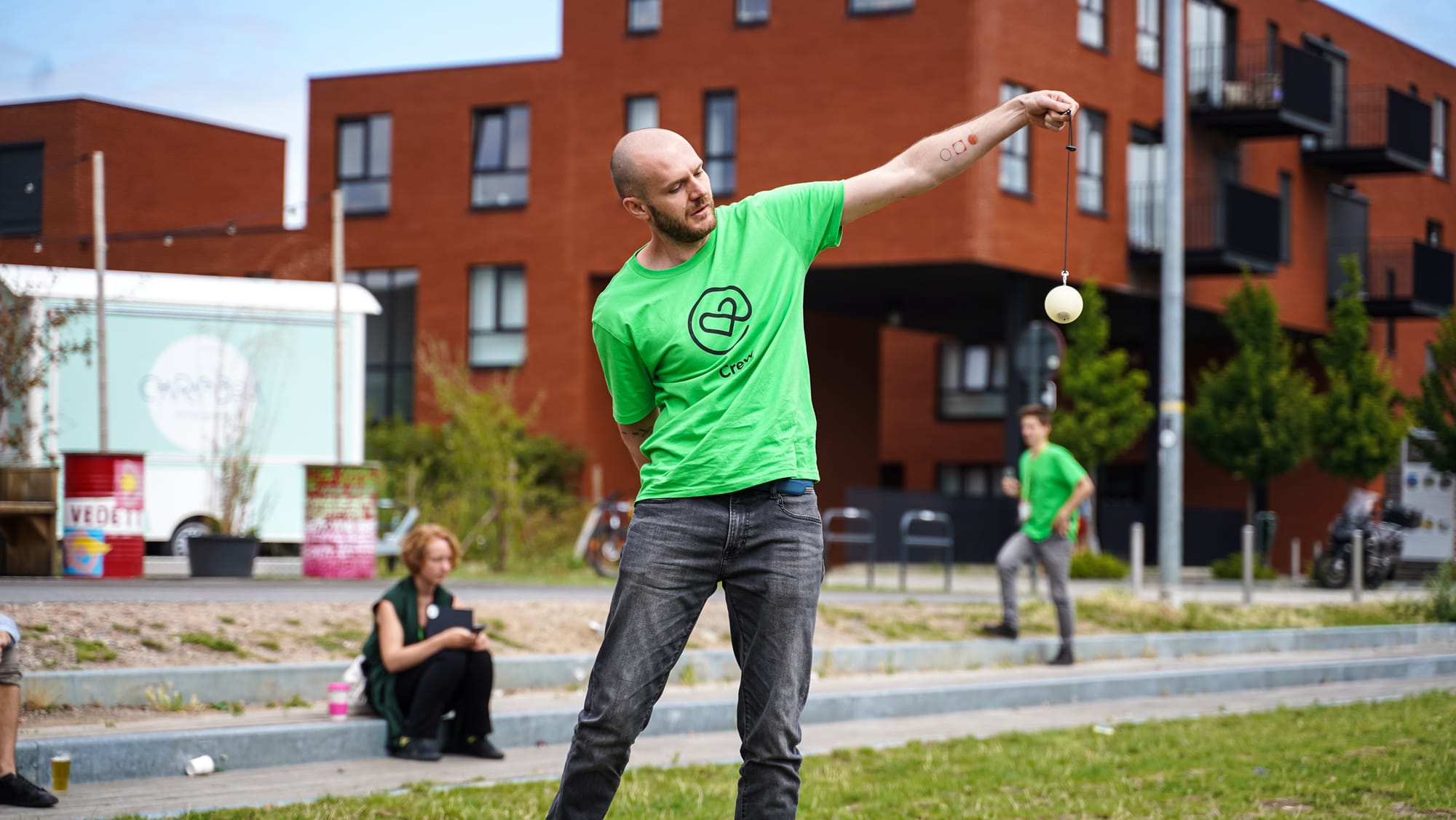
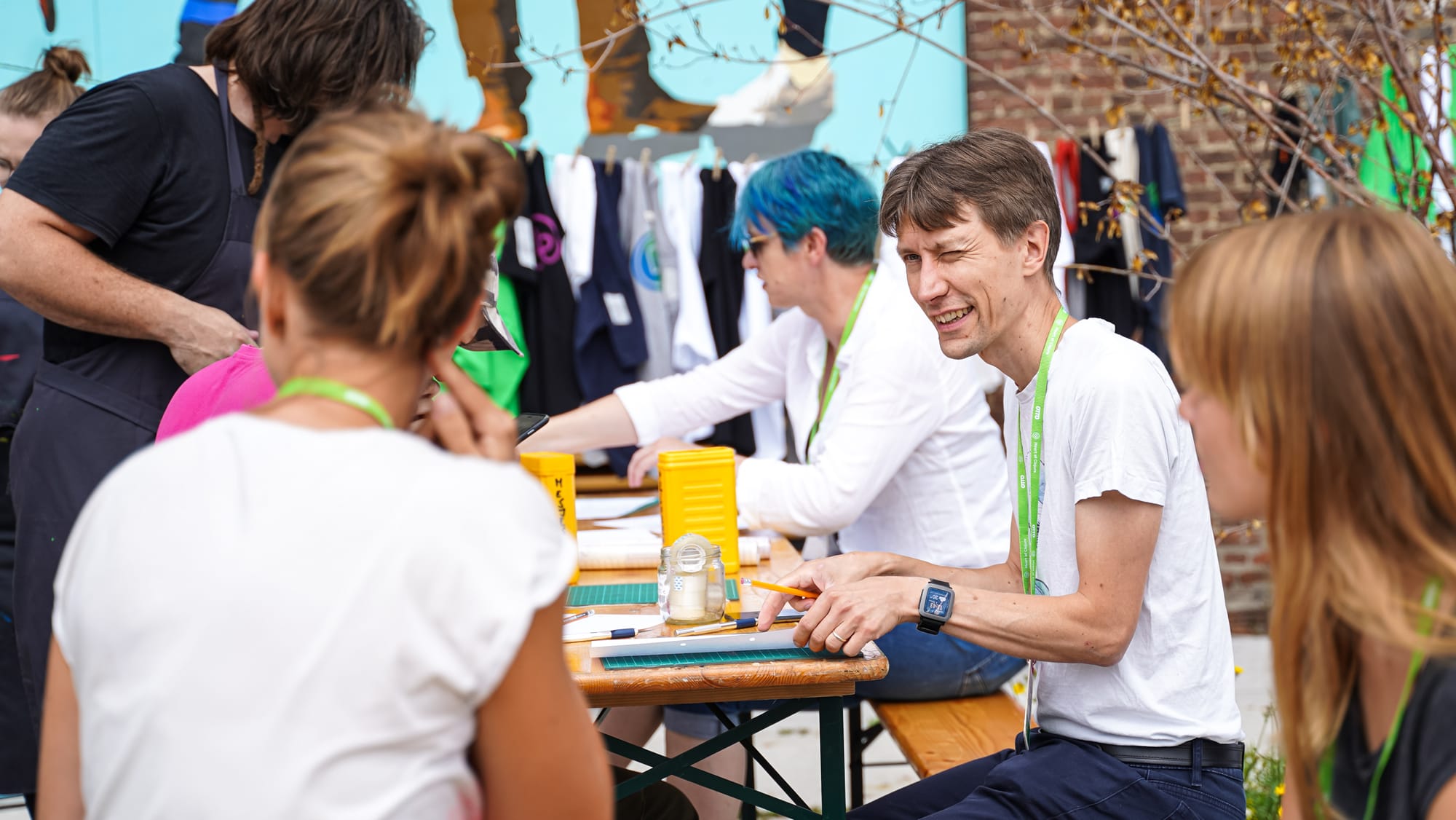
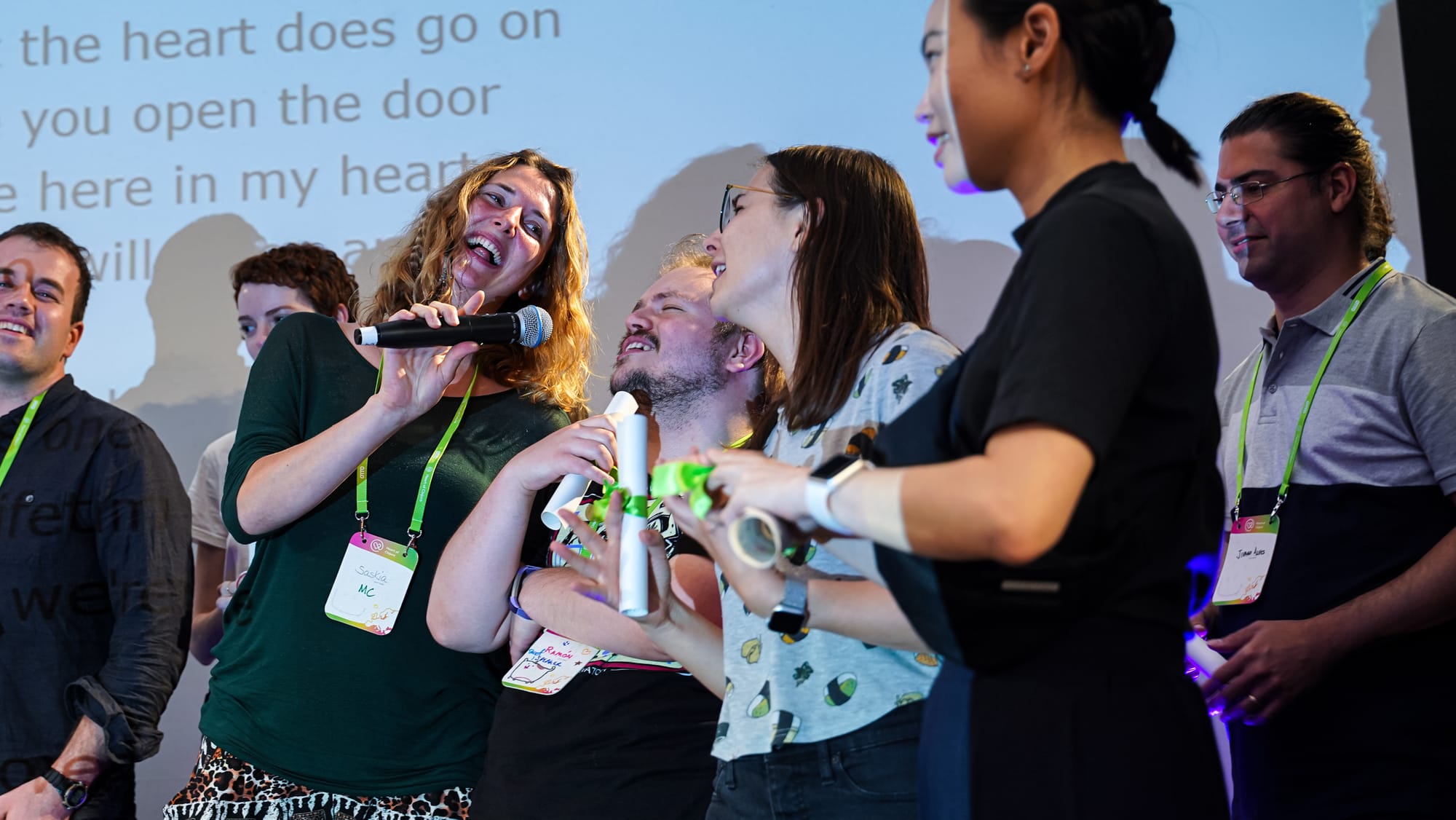
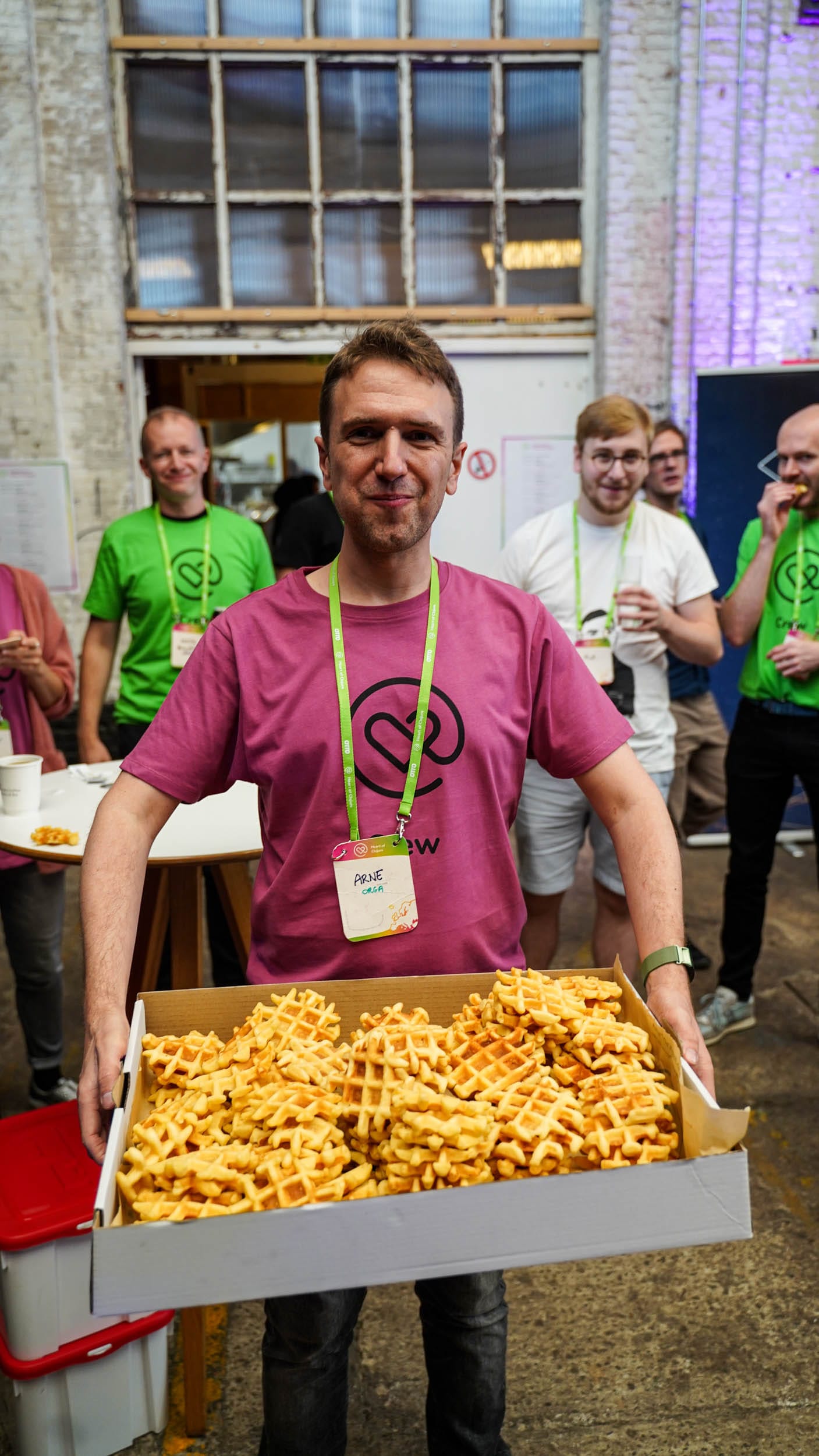

Comments ()